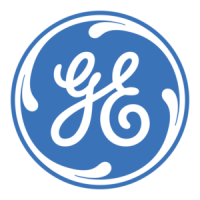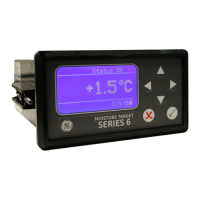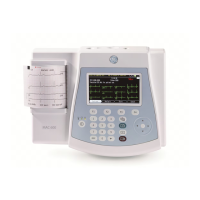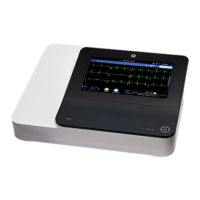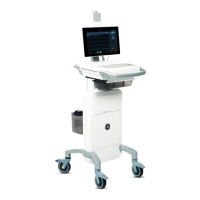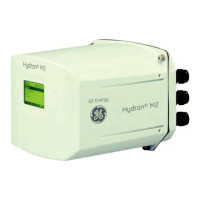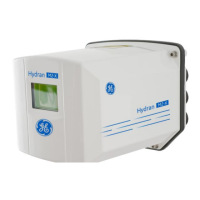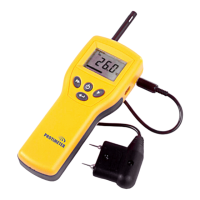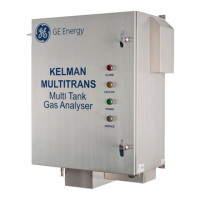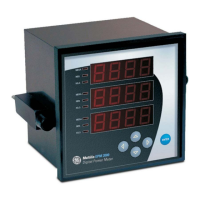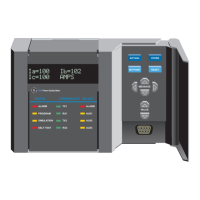GE Analytical Instruments ©2006 13-3 DLM 14291 Rev. A
Aqueous sodium hydroxide is used in the gas bubbler to prevent HCl vapors
from entering the NOA. The reagent (1M NaOH) may be purchased from most
chemical supply houses. The solution can be prepared from solid NaOH (4
grams/100 mL) or from 50% NaOH (5 mL/100 mL).
Startup Procedures for Nitrate Reduction
After preparing the VCl
3
/HCl reagents and assembling the purge vessel,
circulating water bath, cold water supply and inert gas supply the following
procedures are used to setup the nitrate reduction system. The NOA should be
in the Start Mode.
• Set the temperature of the water bath to 95°C, turn on the circulating
pump and check for any leaks. If water is leaking, turn off the bath,
reposition the tubing and tighten the hose clamps to stop the leak.
• Turn on the cold water supply to the condenser and check for any leaks. If
water is leaking, reposition the tubing and tighten the hose clamps to stop
the leak.
• Open the Gas Bubbler and add 15 mL of 1 M NaOH to the bubbler base. The
gas bubbler has a Teflon sleeve that prevents the ground-glass joint from
being etched by the NaOH. Make sure the Teflon sleeve is in place and there
are no holes in the sleeve.
• Replace the bubbler top, and seal the bubbler by pressing the bottom onto
the top and twisting to achieve a tight seal. When correctly tightened, it is
not possible to turn the top of the bubbler without some force. Secure the
bubbler pieces with the green plastic clamp and mount the bubbler on the
ring stand using a clamp.
• Connect the IFD filter line to the outlet of the bubbler and tighten the nut
(see
Procedure for Tightening Swagelok Fittings page11-4) and open the
outlet stopcock on the bubbler. Do not connect the IFD line to the NOA.
• Connect the bubbler line tubing from the outlet of the purge vessel to the
inlet of the bubbler.
